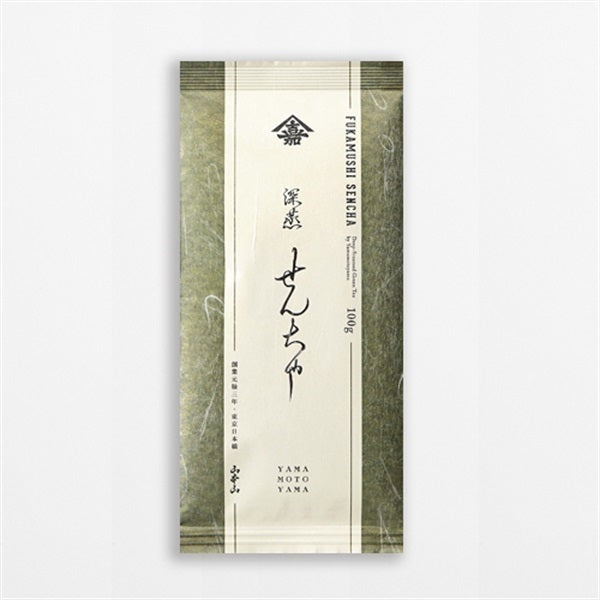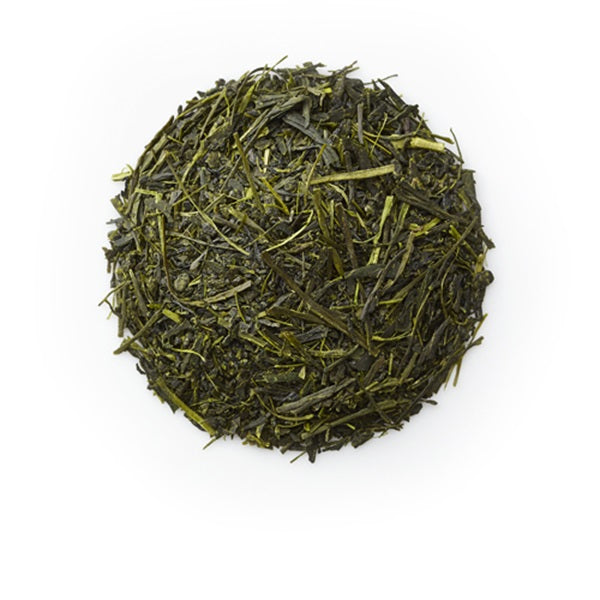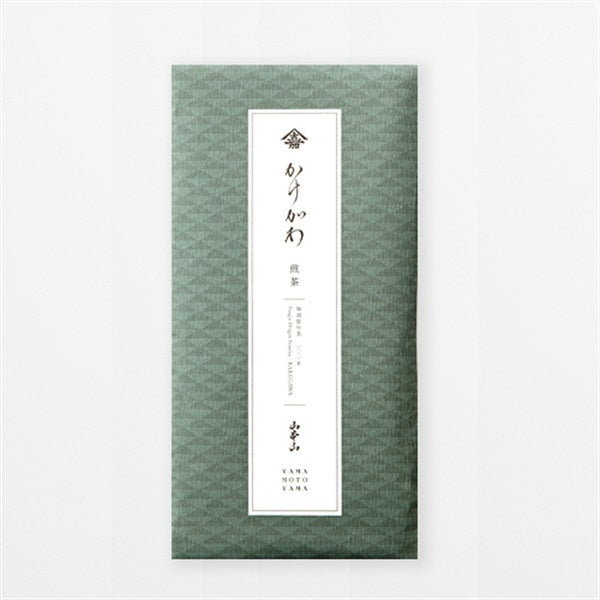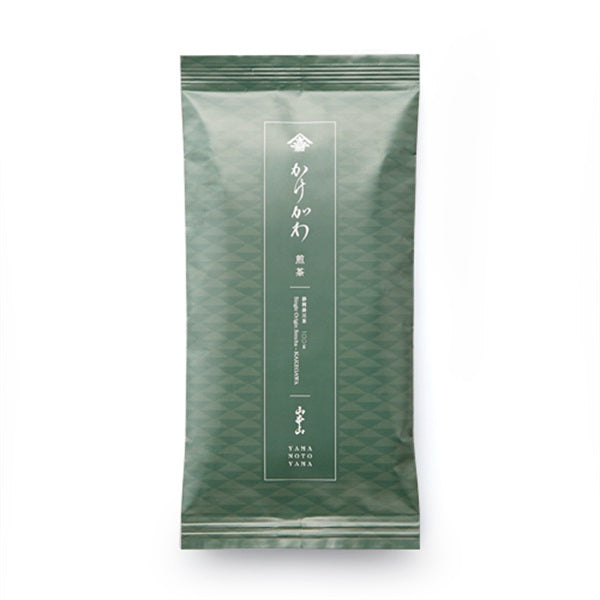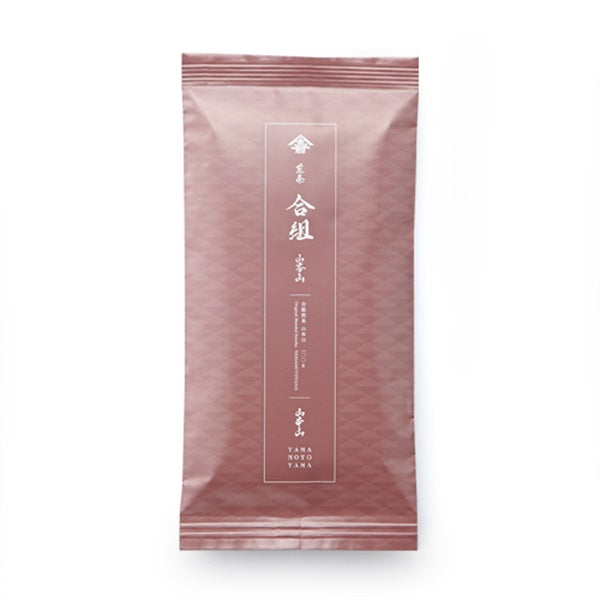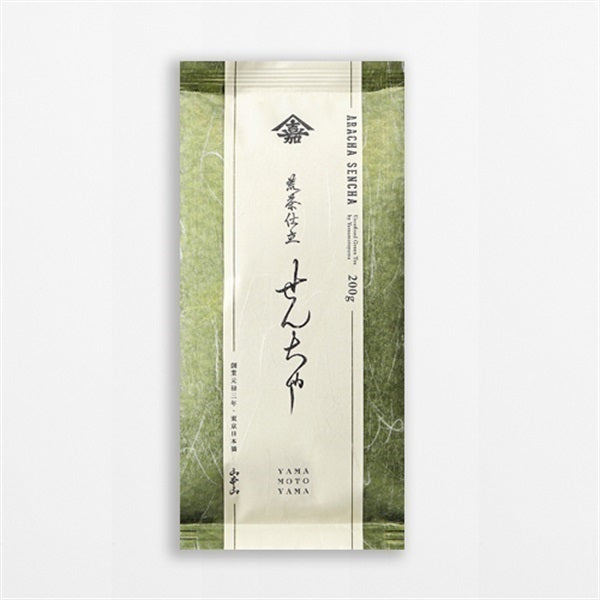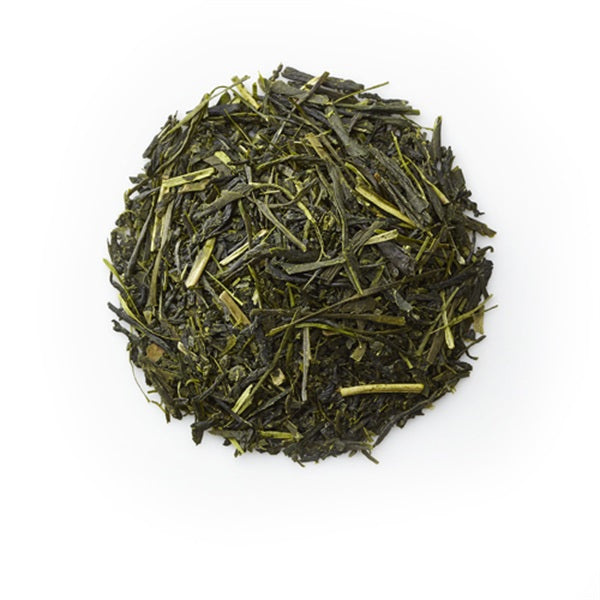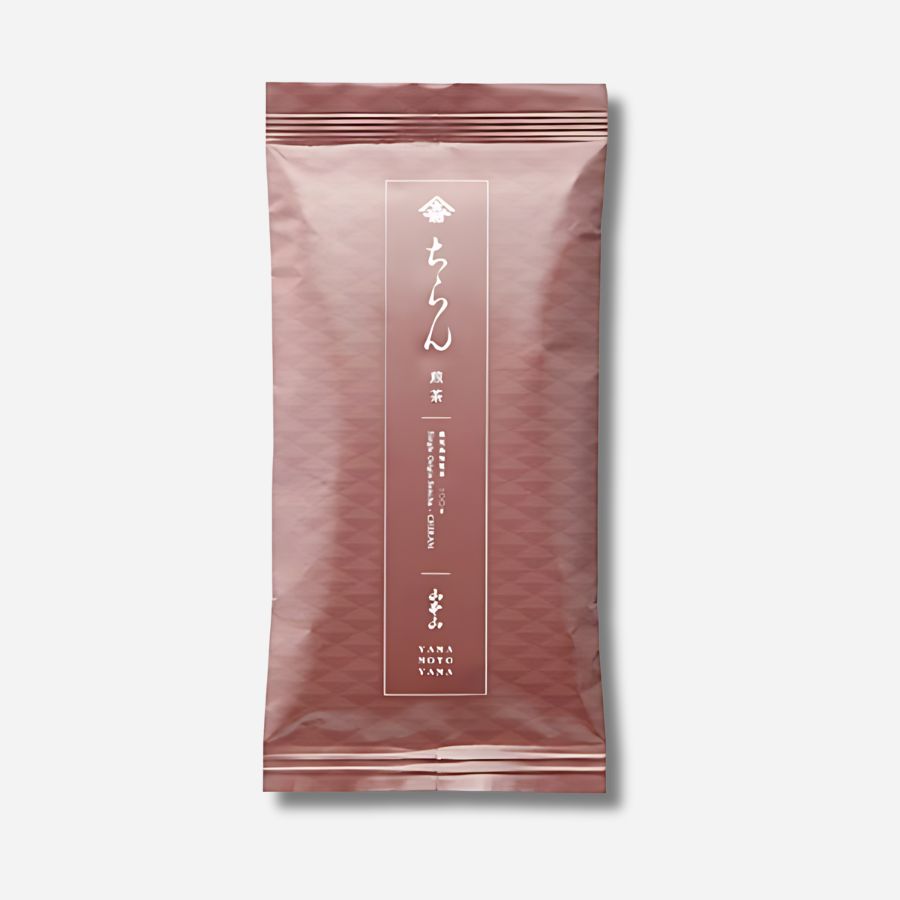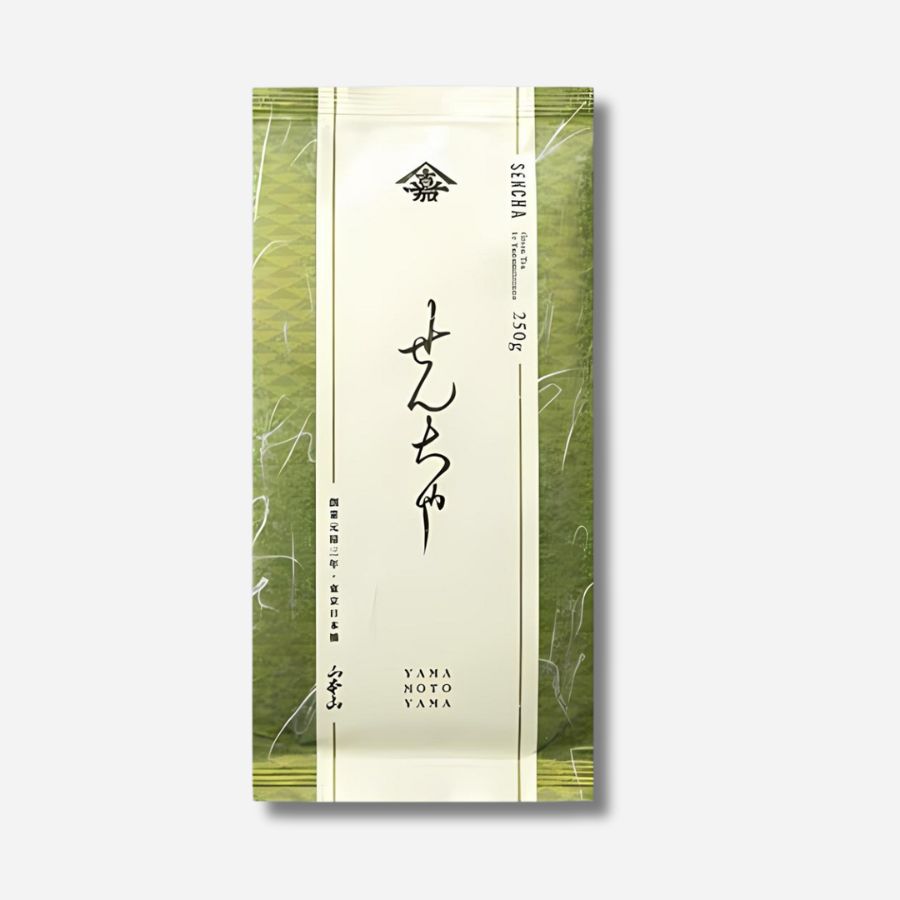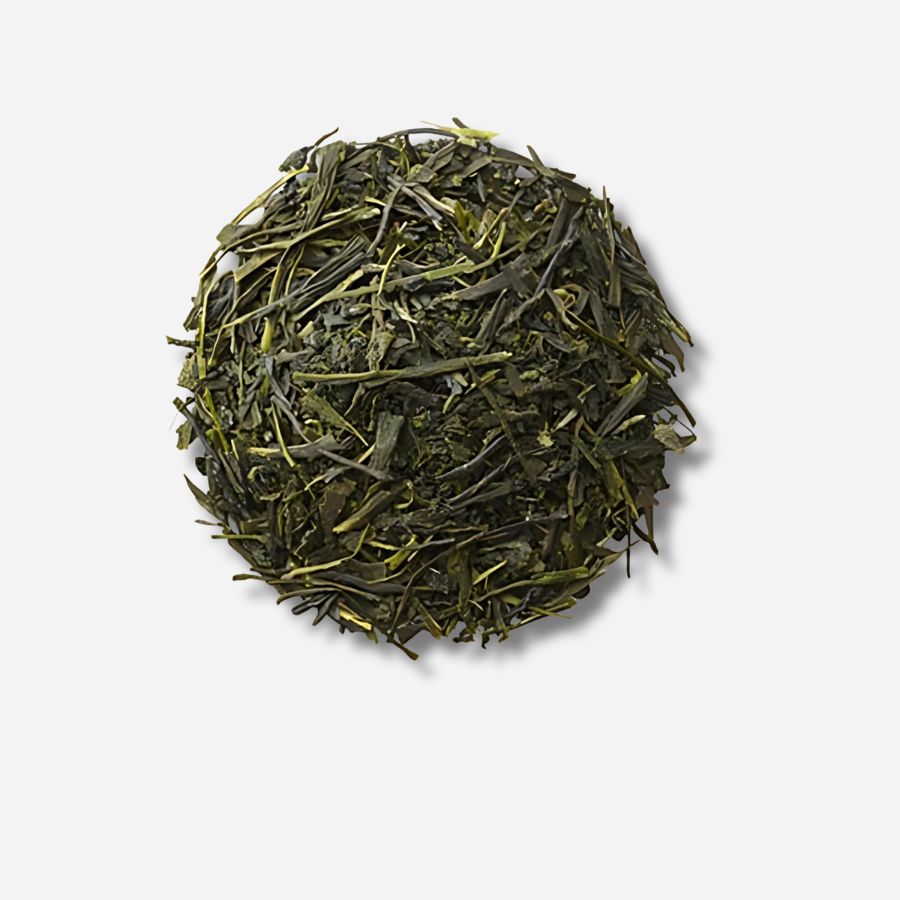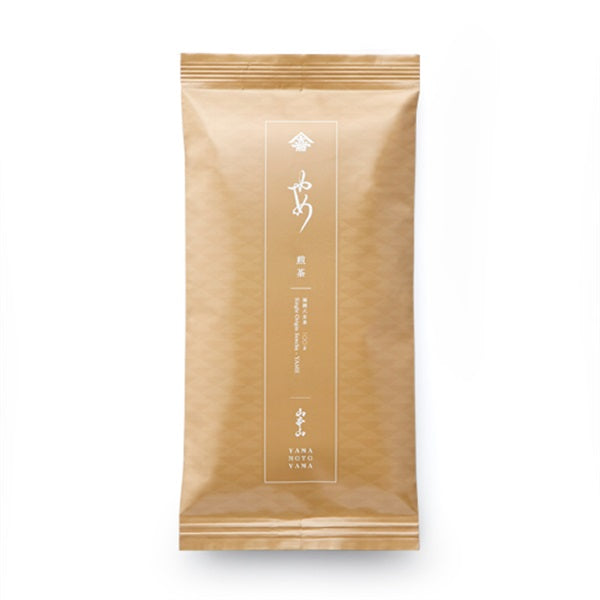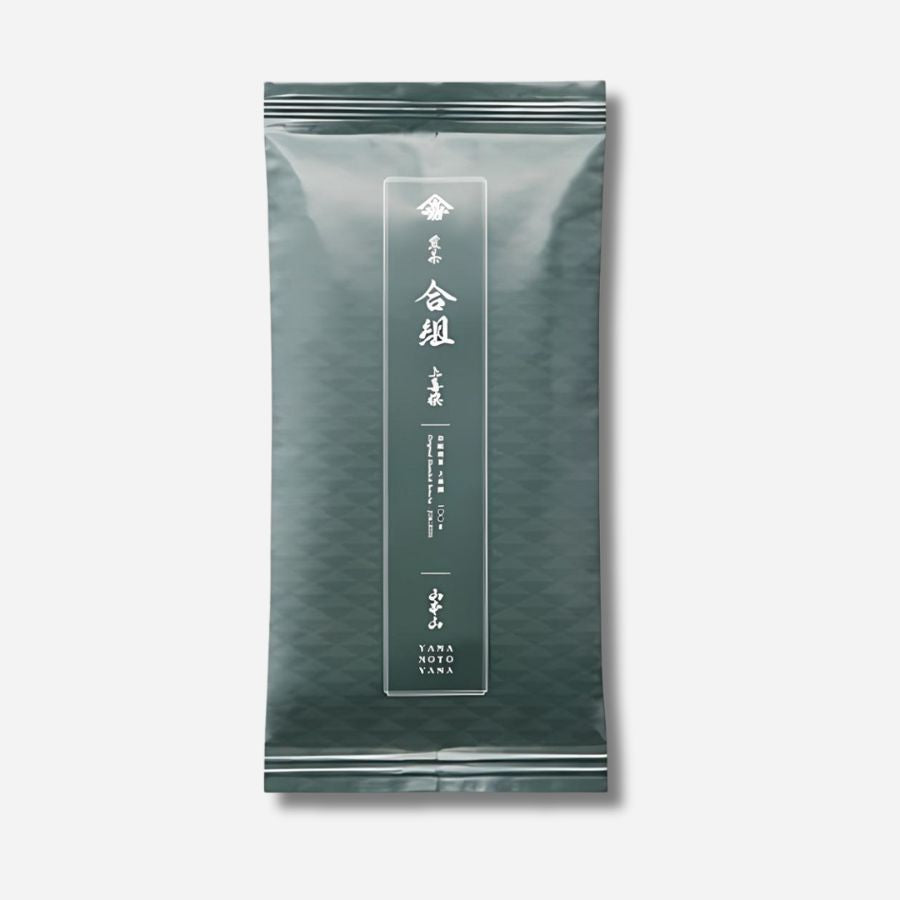
Drinking tea every day can help you stay healthy! Is it true that it can also help prevent tooth decay, hangovers, and the flu?
Introduction
Lifestyle-related diseases are a common problem for modern people. However, the ingredients contained in tea are extremely effective in preventing and treating symptoms caused by various lifestyle habits.

The health benefits of tea
In particular, catechin, a typical component of tea, is effective against illnesses caused by lifestyle habits.
For example, catechins are expected to improve the metabolism of lipids and carbohydrates in the body and suppress the rise of blood cholesterol and blood sugar levels. This is said to reduce the risk of lifestyle-related diseases such as arteriosclerosis, cerebral infarction, myocardial infarction, and diabetes.
In addition, catechin has a strong antioxidant effect and works to remove active oxygen from the body. Active oxygen damages cells and causes aging and lifestyle-related diseases, so ingesting catechin may reduce the risk of these diseases.
In addition to catechins, green tea is rich in various nutrients such as theanine, which has a relaxing effect, and calcium, which strengthens bones. These ingredients work together to comprehensively support our health.
For those of us who lead busy lives in modern society, green tea is a drink that allows us to easily be conscious of our health. Why not try incorporating it into your daily life and aim to build a healthy body?

Lifestyle-related diseases and infectious diseases that green tea is said to have preventive effects
1. Food Poisoning
It has been found that the growth of Clostridium botulinum, a bacterium known to cause food poisoning, is inhibited by tea catechins.
Catechins have an antitoxin effect not only against botulinum bacteria but also against the toxins produced by bacteria, and are expected to be effective in preventing food poisoning.
Catechins have been shown to have strong antibacterial properties against harmful bacteria such as Clostridium botulinum, but they have no effect on the beneficial bacteria that have a positive effect on the intestinal environment.

2. Influenza
Epigallocatechin gallate (EGCG), a type of catechin found in green tea, has a strong antiviral effect and works to prevent viruses from entering cells and spreading infection.
In other words, gargling with green tea can coat the oral cavity with EGCG, making it harder for viruses to attach to cells. This is thought to be useful in preventing viral infections such as colds and influenza.

3. Tooth decay
The fluorine that is abundant in tea leaves coats the surface of the leaves to protect the plant from predators.
This fluoride coating has a structure similar to the acid-resistant components of teeth, strengthening the tooth surface and protecting it from attack by cavity-causing bacteria.
In addition, fluoride is expected to have the effect of directly suppressing the activity of cavity-causing bacteria, which is the same principle as the fluoride contained in toothpaste and other products that is effective in preventing tooth decay.
In addition, the catechins contained in Japanese tea are also effective against cavity-causing bacteria. They are thought to suppress the proliferation of cavity-causing bacteria and help keep the oral environment clean.

4. Hangovers
The caffeine contained in Japanese tea helps break down acetaldehyde, which causes hangovers. This is because caffeine activates the liver and aids the enzymes that break down acetaldehyde.
In addition, the catechins contained in abundance in Japanese tea help protect the stomach lining.
Catechins create a thin film on the stomach wall, preventing alcohol from coming into direct contact with the stomach wall, which may slow down alcohol absorption and help prevent hangovers.

5. Anti-allergy
Methylated catechins, a type of catechin found in green tea and other foods, are thought to help relieve allergic symptoms by inhibiting signaling to cells that cause allergic reactions.
In other words, methylated catechins work to suppress the release of substances that trigger allergic reactions, and are therefore expected to have the effect of reducing allergic symptoms such as hay fever.
Interestingly, this anti-allergic effect has been shown to vary depending on the tea variety. Some varieties of green tea are particularly rich in methylated catechins, which may provide a strong anti-allergic effect.

6. Dementia
Theanine, the umami component of Japanese tea, is known to have a relaxing effect and calm the excited state of the brain. This is because theanine has a similar structure to the neurotransmitter glutamate.
Glutamate has the function of exciting nerve cells, while theanine is thought to protect nerve cells by suppressing excessive excitement.
On the other hand, it has been suggested that catechins may have a wide range of effects on maintaining brain health.
Animal experiments have shown that catechins have the effect of suppressing brain tissue atrophy. This is thought to be because catechins reduce oxidative stress in the brain and prevent damage to nerve cells.
These research results suggest that drinking Japanese tea habitually may be beneficial for maintaining brain health. This is not limited to seniors, but may be beneficial for a wide range of people, including those who are easily stressed or who want to improve their concentration.

summary
So, we hope you have come to understand that tea is not just a drink, but that drinking it regularly can be an important way to support our health.
Its efficacy is wide-ranging, including anti-aging through its antioxidant properties, prevention of lifestyle-related diseases, and a relaxing effect. Drinking a cup of tea every day may be the first step to living a healthy life.

